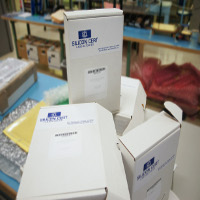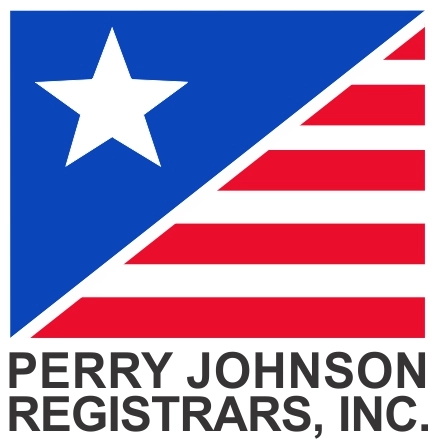Transportation Testing
Transportation testing practices have been established to provide a uniform basis upon which to evaluate the ability of shipping containers to withstand the rigors of the distribution supply chain. Transportation testing also determines how containers, packages or packaging components hold up to particular field conditions that they encounter during their life or testing cycle.
Transportation testing of devices entails designing containers that withstand complex stresses when subjected to vehicle transport. When designing a transportation test plan, tests such as vehicle stacking, vehicle vibration testing, random vibration testing, loose load testing and conditioning of containers or packaging components should be taken into consideration. During transportation testing, exposure to these stresses can affect the container, its interior packaging, means of closure and its contents.
In order to transport devices properly, we help determine the most common packaging or product failures that result during supply chain activities, then replicate those failures in the laboratory. Once replicated, container transportation tests can also serve as a baseline necessary for the modification of future product success.
- Test Specifications / Standards
- ATSM D4169 Schedule D Stacked Vibration
- ATSM D4169 Schedule E Vehicle Vibration
- ATSM D4169 Schedule F Loose Load Vibration
- ATSM D999 Method A1 Repetitive Shock (Vertical Motion)
Oneida Research Services offers the following device transportation testing developed by the American Society for Testing and Materials (ASTM) in the category of transportation stress testing:
- Free fall drop test of loaded containers to ASTM-D5276
- Vehicle stacking to ASTM-D4169
- Vehicle vibration testing of shipping containers to ASTM-D999
- Random vibration testing of shipping containers to ASTM-4728
- Loose load testing to ASTM-D4169
- Conditioning of containers or packaging components to ASTM-D4332
- Conditioning of containers or packaging components to ASTM-D4169




